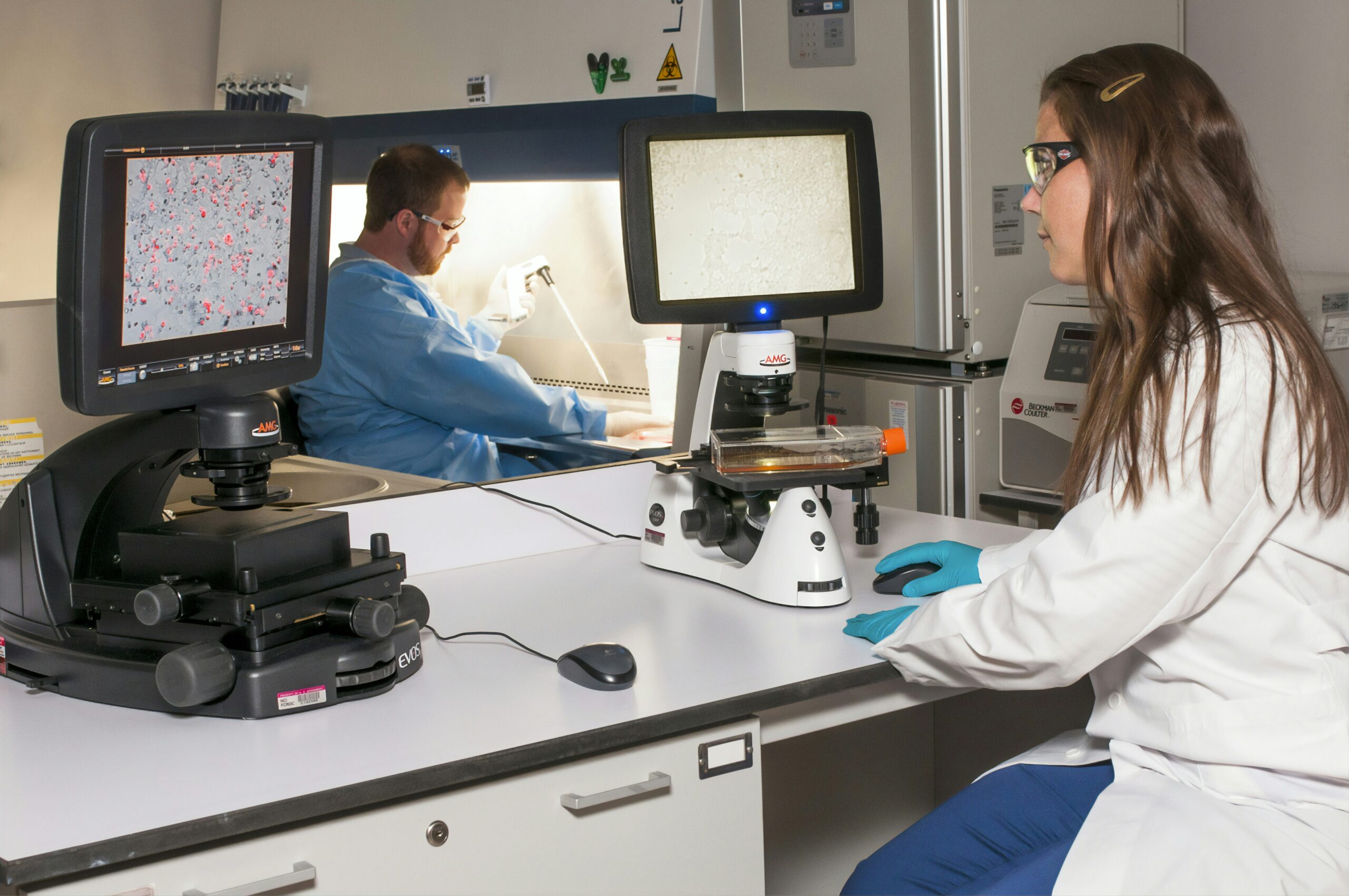Did you know that your prostate health could potentially be linked to experiencing leg pain? It might sound surprising, but recent research has shown a possible connection between certain prostate problems and leg discomfort. Understanding this correlation can be crucial for those who are suffering from prostate-related issues and seeking relief from their discomfort. In this article, we will delve into this topic, exploring the potential causes and how they affect leg pain. By the end, you'll have a better understanding of how prostate problems can potentially impact your daily life.

Understanding the Prostate Gland
The prostate gland, a small walnut-sized organ, is an essential part of the male reproductive system. It is located just below the bladder and in front of the rectum. The prostate gland surrounds the urethra, the tube through which urine and semen pass. By producing and secreting prostate fluid, the gland plays a crucial role in male reproduction.
Functions of the Prostate Gland
The prostate gland serves several important functions that contribute to male reproductive health. One of its primary functions is to produce and secrete prostate fluid, which makes up a significant portion of semen. This fluid nourishes and protects sperm, enhancing their mobility and viability. Additionally, the prostate gland helps regulate urine flow by producing a substance that prevents urine from flowing backward into the bladder during ejaculation.
Role in Male Reproductive System
The prostate gland plays a vital role in the male reproductive system. It is responsible for producing and storing seminal fluid, which is released during ejaculation and helps transport sperm. Without a healthy prostate gland, the process of fertilization and reproduction would not be possible.
Different Prostate Problems
Prostate problems, while common among men, can vary in nature and severity. Three of the most prevalent prostate conditions are Benign Prostatic Hyperplasia (BPH), Prostate Cancer, and Prostatitis.
Benign Prostatic Hyperplasia (BPH)
BPH is a non-cancerous enlargement of the prostate gland. As men age, the prostate gland can grow in size, leading to compression of the urethra and subsequent urinary symptoms. These symptoms may include frequent urination, weak urine flow, difficulty starting or stopping urination, and the sensation of incomplete bladder emptying.
Prostate Cancer
Prostate cancer is the most common type of cancer among men. It occurs when abnormal cells develop and multiply in the prostate gland. Symptoms may be similar to those of BPH, but can also include blood in the urine or semen, erectile dysfunction, and bone pain in advanced stages. It is crucial to note that early-stage prostate cancer may not display any noticeable symptoms.
Prostatitis
Prostatitis refers to inflammation or infection of the prostate gland. It can be caused by bacterial or non-bacterial factors and may result in pelvic pain, frequent urination, pain or difficulty during ejaculation, and flu-like symptoms such as fever and chills. Prostatitis can be acute or chronic and may require different treatment approaches.

Symptoms of Prostate Problems
Prostate problems can manifest in various symptoms that can impact a man's overall well-being and quality of life. While the specific symptoms may vary depending on the nature of the prostate problem, certain common symptoms are worth noting.
Impact on Urinary Function
Many prostate problems can affect urinary function. Symptoms may include increased frequency of urination, urgency to urinate, weak urine flow, difficulty initiating or maintaining urination, and the feeling of incomplete emptying of the bladder. These urinary symptoms can significantly disrupt daily routines and lead to discomfort and frustration.
Pelvic Pain and Discomfort
Pelvic pain and discomfort are prevalent in men with prostate problems. The location and severity of the pain may vary depending on the specific condition. Some men may experience pain in the lower abdomen, groin, or lower back. This pain can be intermittent or persistent, leading to physical discomfort and reduced mobility.
Sexual Dysfunction
Prostate problems can also contribute to sexual dysfunction. Erectile dysfunction, difficulties with ejaculation, decreased libido, and pain or discomfort during sexual activity may be present. These issues can have a significant impact on a man's self-esteem, sexual satisfaction, and intimate relationships.
Leg Pain Definition
Leg pain refers to any discomfort or pain experienced in the legs, from the hips down to the feet. It can vary in intensity and may be accompanied by other symptoms such as numbness, tingling, or weakness. Understanding different leg pain types, their root causes, and identifying them correctly is essential for effective management and treatment.
Variations and Types of Leg Pain
Leg pain can present in various forms and may be classified into different types. It can be sharp, dull, throbbing, burning, or cramp-like. Additionally, leg pain can be localized to specific areas or radiate along the leg, affecting different muscle groups and joints. The type of leg pain experienced can provide insights into the underlying cause.
Common Root Causes of Leg Pain
Several factors can contribute to leg pain. These can range from minor injuries and overuse to more severe underlying conditions. Muscle strains, ligament sprains, nerve compression, blood flow issues, arthritis, and various medical conditions can all potentially lead to leg pain. Identifying the root cause is crucial for appropriate treatment and management.
How to Identify Leg Pain
Identifying leg pain involves understanding the characteristics and location of the pain, as well as any accompanying symptoms. Describing the pain accurately to a healthcare professional, noting when it occurs, and any triggering factors can help with diagnosis. Additionally, conducting a physical examination and, if necessary, ordering further tests enables a more precise identification of the underlying cause.

Leg Pain as a Symptom
Leg pain can be a symptom of various diseases and conditions, indicating underlying problems within the body. Understanding how leg pain presents in different situations can aid in recognizing potential health issues and seeking appropriate medical attention.
How Leg Pain Presents
Leg pain can present in different ways depending on the underlying cause. It may be unilateral or bilateral, affecting one or both legs. The pain may be constant or intermittent, and it can worsen with movement or certain activities. Other accompanying symptoms, such as swelling, redness, or temperature changes, can provide additional clues to the cause of the leg pain.
Diseases and Conditions Where Leg Pain Is Often Present
Leg pain can be associated with several diseases and conditions. Deep vein thrombosis, peripheral artery disease, sciatica, osteoarthritis, and nerve impingement are just a few examples where leg pain is a common symptom. Recognizing the presence of leg pain alongside other symptoms specific to these conditions can help guide further investigations and appropriate treatment.
Impact of Leg Pain on Daily Life
Leg pain can significantly impact a person's daily life and overall well-being. It can limit mobility, interfere with physical activities, and affect sleep quality. Chronic leg pain can also lead to emotional distress, decreased productivity, and decreased quality of life. Proper management and treatment of leg pain are crucial to alleviate these negative effects.
Can Prostate Problems Cause Leg Pain?
The potential relationship between prostate problems and leg pain has been a topic of interest among medical professionals. While leg pain is not commonly recognized as a direct symptom of prostate problems, some research suggests a possible link between the two.
Linking Prostate Problems and Leg Pain
Leg pain associated with prostate problems often occurs due to indirect factors rather than a direct cause-effect relationship. For example, prostate enlargement in conditions like BPH can lead to urinary symptoms, and these simultaneous urinary symptoms may indirectly contribute to leg pain through muscle tension or nerve compression.
Medical Research on the Relation
Medical research has indicated that leg pain can be present in individuals with prostate problems, but the exact mechanisms are still being studied. Some studies suggest that prostate cancer metastasis to bones can result in leg pain, while others propose that chronic inflammation in prostatitis may cause referred pain to the legs. However, more research is needed to establish a definitive link.
Explaining the Potential Cause-Effect Relationship
The potential cause-effect relationship between prostate problems and leg pain requires further investigation. It is hypothesized that inflammation, nerve involvement, or referred pain from the prostate gland can indirectly contribute to leg pain. However, additional studies are necessary to better understand the underlying mechanisms and establish a clearer connection.
Specific Prostate Conditions and Leg Pain
While leg pain may not be a primary symptom of most prostate conditions, there are specific instances where a relationship may exist between prostate problems and leg pain.
Prostate Cancer and Impact on the Legs
In advanced stages of prostate cancer, bone metastasis may occur. This can lead to pain and discomfort, including leg pain. The spread of cancer to the bones, including the hips and spine, can result in referred pain that is perceived in the legs.
Benign Prostatic Hyperplasia (BPH) and Potential Leg Issues
BPH, characterized by prostate gland enlargement, can indirectly contribute to leg pain. Urinary symptoms associated with BPH, such as frequent urination or nocturia, may disrupt sleep patterns. Prolonged sleep disturbances can cause muscle tension and leg discomfort, contributing to leg pain.
Prostatitis and Its Effects on Lower Body
Prostatitis, especially in chronic cases, can exhibit symptoms such as pelvic pain and discomfort. This pain may radiate to the lower back, buttocks, and even the legs. The inflammatory response in prostatitis can lead to referred pain, contributing to leg discomfort.
Management of Leg Pain from Prostate Problems
Effectively managing leg pain arising from prostate problems requires a comprehensive approach that addresses both the prostate condition and the leg pain itself.
Medicinal Approaches
Depending on the specific prostate problem, medications may be prescribed to alleviate symptoms and manage pain. Alpha-blockers and 5-alpha-reductase inhibitors are commonly used for BPH, while treatments for prostate cancer and prostatitis vary. In some cases, pain medication may be prescribed to manage leg pain directly.
Lifestyle and Dietary Modifications
Modifying lifestyle factors can help reduce the occurrence and severity of leg pain. Regular exercise, maintaining a healthy weight, and avoiding prolonged periods of sitting or standing can alleviate leg discomfort. Additionally, dietary changes, such as reducing caffeine and alcohol intake, may help manage urinary symptoms and indirectly improve sleep quality and leg pain.
Physical Therapy and Exercises
Physical therapy and targeted exercises can assist in managing leg pain and improving overall mobility. Strengthening leg muscles, stretching exercises, and postural correction can help alleviate leg discomfort and improve flexibility. However, it is essential to consult with a healthcare professional or physical therapist to identify the most appropriate exercises for individual circumstances.
Importance of Professional Medical Diagnosis
Seeking professional medical diagnosis for leg pain associated with prostate problems is crucial. Self-diagnosing and relying solely on internet resources may lead to misinterpretation and delayed treatment, possibly worsening the condition.
Risks of Self-Diagnosis
Self-diagnosis can be problematic as it may lead to inaccurate conclusions and unnecessary anxiety. Symptoms of leg pain caused by prostate problems can overlap with symptoms of other conditions, requiring professional evaluation for an accurate diagnosis.
Benefits of Early and Correct Diagnosis
Early and correct diagnosis enables prompt intervention and appropriate management. Identifying the underlying cause of leg pain associated with prostate problems allows healthcare professionals to develop a tailored treatment plan and prevent potential complications.
Approaching Medical Professionals for Help
When experiencing leg pain associated with prostate problems, it is advisable to consult with a healthcare professional specializing in urology or orthopedics. They will conduct a thorough evaluation, including a medical history review, physical examination, and, if necessary, order additional tests to establish an accurate diagnosis.
Conclusion
In summary, while leg pain is not commonly acknowledged as a direct symptom of prostate problems, there may be an indirect association. Prostate problems, such as BPH, prostate cancer, or prostatitis, can lead to symptoms and conditions that may contribute to leg pain. Understanding the potential relationship between these two can assist in seeking timely medical attention and appropriate management. Open dialogue about prostate health, routine prostate screenings, and professional medical diagnosis are pivotal in ensuring overall well-being and addressing any potential prostate problems and related leg pain.

